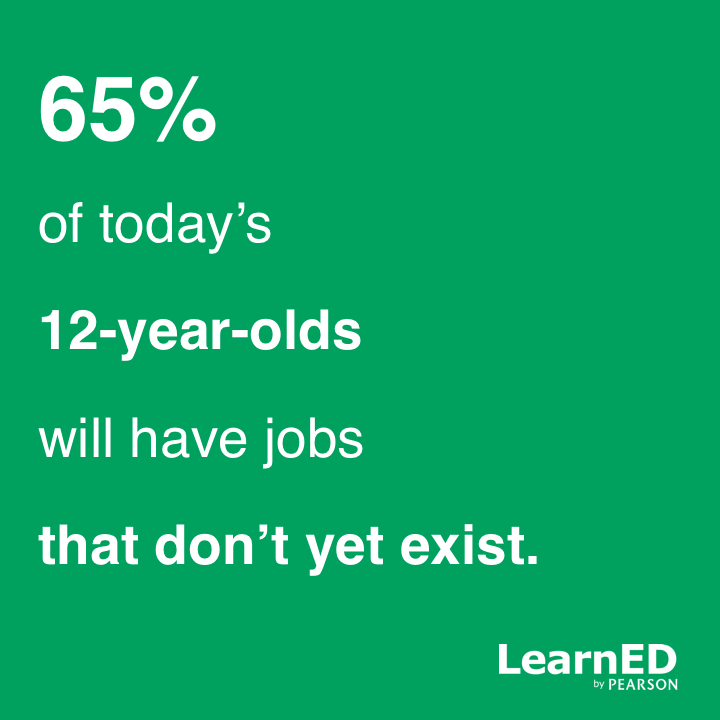
There are lots of reports of robots taking jobs from humans, and our fear for the future world of no work. One paper from researchers at Oxford University predicts that 47% of American jobs are at “high risk” of computerisation over the next two decades. Another research report issued in 2015 by McKinsey Global Institute found that 45% of work activities could be automated, including 20% of the responsibilities handled by the world’s obscenely compensated CEOs, such as analysing operations data.
Another paper from economists at Boston and Columbia University finds that “smart machines” will cause a “long-run decline in labour share of income,” cause more technology boom-busts and a “growing dependency of current output on past software investment.” In other words, there will be less need for new code and therefore less employment even for coders.
Price Waterhouse Coopers came out with the headline the other day that nearly 40% of US jobs could soon be given to robots (7% less than Oxford predicts). Automated bots could take nearly 4 in 10 (38%) US jobs; 30% of UK jobs; 35% in Germany; and 21% Japan. The US and UK will be particularly affected as the wider financial services sector is more vulnerable to automation than other sectors.
This is why there’s an interesting list that Brett King compiled, using input from the FinTech brethren, asking what jobs will be most valued in banking in the future? His list included:
- Data Scientist – King says that data scientists will be the most sought-after banking job in five years, since they will be tasked to figure out “when, why, and how” consumers use bank products, using statistics and big data provided from bank products.
- Storyteller (User Experience Designer) – A “storyteller” is actually a user experience designer, who will be tasked with understanding what products customers need and when they need them. They will also help make products available in a frictionless (and in terms of debt, and shame-free) way.
- Behavioural Psychologist – A behavioural psychologist will try to understand consumers (This sounds like a nightmare) and anticipate the relevancy of bank products for customers.
- Algorithmic Risk Specialist – As technology improves, banks will be able to evaluate risk using highly complex formulas, and do it in real time. With data will come understanding of risk.
- Community Advocacy Builder – This role is designed to foster good relations with customers, as banks and their products become more closely integrated with a consumer’s daily life.
He was missing my favourite one, which is Chief Cannibal Officer.
So which jobs will be lost to automation first? According to Shelly Palmer, Head of the Palmer Group which advises on technology and business, the 5 jobs robots will take first are:
- Middle Management
- Commodity Salespeople
- Report Writers, Journalists, Authors, Announcers
- Accountants & Bookkeepers
- Doctors
Certainly I agree with Shelly on doctors being vulnerable. After all, if a doctor misdiagnoses half the time http://www.wired.co.uk/article/ibm-watson-medical-doctor , whilst a machine almost always gets it right, who would you want to diagnose you?
But the one area that she misses is the legal profession. A combination of shared ledgers and artificial intelligence is going to reinvent the legal industry and digitise it. Then we won’t need lawyers, and how wonderful would that be?
In case you don’t believe it, take a look at this feature from Hugh Son over at Bloomberg
JPMorgan Software Does in Seconds What Took Lawyers 360,000 Hours:
At JPMorgan Chase & Co., a learning machine is parsing financial deals that once kept legal teams busy for thousands of hours.
The program, called COIN, for Contract Intelligence, does the mind-numbing job of interpreting commercial-loan agreements that, until the project went online in June, consumed 360,000 hours of work each year by lawyers and loan officers. The software reviews documents in seconds, is less error-prone and never asks for vacation.
The program has helped JPMorgan cut down on loan-servicing mistakes, most of which stemmed from human error in interpreting 12,000 new wholesale contracts per year.
Another program called X-Connect, which went into use in January, examines e-mails to help employees find colleagues who have the closest relationships with potential prospects and can arrange introductions.
For simpler tasks, the bank has created bots to perform functions like granting access to software systems and responding to IT requests, such as resetting an employee’s password. Bots are expected to handle 1.7 million access requests this year, doing the work of 140 people.
JPMorgan’s total technology budget for this year amounts to 9 percent of its projected revenue -- double the industry average. The dollar figure has inched higher as JPMorgan bolsters cyber defences after a 2014 data breach, which exposed the information of 83 million customers.
One-third of the company’s budget is for new initiatives, a figure [the bank] wants to take to 40 percent in a few years. He expects savings from automation and retiring old technology will let him plough even more money into new innovations.
Chris M Skinner
Chris Skinner is best known as an independent commentator on the financial markets through his blog, TheFinanser.com, as author of the bestselling book Digital Bank, and Chair of the European networking forum the Financial Services Club. He has been voted one of the most influential people in banking by The Financial Brand (as well as one of the best blogs), a FinTech Titan (Next Bank), one of the Fintech Leaders you need to follow (City AM, Deluxe and Jax Finance), as well as one of the Top 40 most influential people in financial technology by the Wall Street Journal's Financial News. To learn more click here...

